One of the oldest civilizations in the world, India is a country steeped in multiculturalism and diverse religious traditions. Home to an estimated 1.36 billion people, it is the second-most populous country in the world (after China).
With its rich historical heritage, picturesque scenery, and mystical culture, India is among the world’s most popular tourist destinations. Those who visit this eclectic country are embraced by a plethora of colorful cuisines, ceremonial customs, ancient arts, and a compelling, complex people.
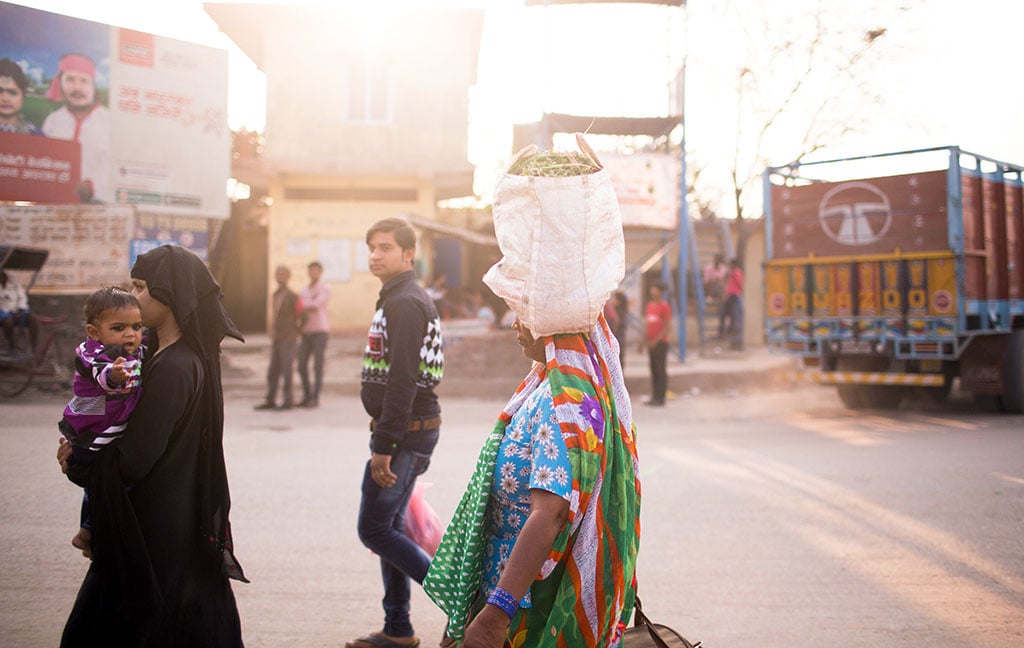
Unfortunately, in addition to being a popular destination for those seeking adventure and cultural enlightenment, for years India has remained the “top destination” for human trafficking in South Asia, according to the United Nations Office on Drugs and Crime (UNODC).
A recent report published by the U.S. State Department estimates that millions of women and children are victims of sex trafficking in India each year. In fact, the country continues to be a main source, destination, and transit country for men, women, and children subjected to forced labor and sex trafficking.
Human Trafficking in India
The fundamental causes of human trafficking in India are poverty, hunger, illiteracy, and the sheer vulnerability of innocent people who fall prey to the false promises of traffickers.
Recently, a ticket checker at a busy railway station in New Delhi noticed three minor females who were accompanied by a woman. Alerted by several suspicious signs exhibited by the group, he became concerned for the young girls’ safety and contacted our team that was monitoring nearby. Once notified, our monitors approached the young girls and asked if they would mind answering just a few questions.
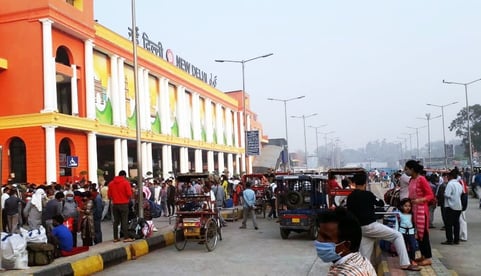
The three minor girls stated that they had come to Delhi for different reasons. Nishi* (14) initially shared that she would be staying with her older sister, but when our team asked for her sister’s address, Nishi was unable to provide it. Nikita* (13) said that she was going to stay with Shreya* (the adult female who was with them); whereas Prachi* (11) said that she was going to be employed at Shreya’s house as a domestic helper.
After taking their time with the group and continuing to probe them for more details about their travel plans, our team eventually uncovered the truth. Nishi finally confessed that she had been brought to Delhi by Shreya to work as a domestic helper, and she shared that Shreya had strictly ordered the young girls not to reveal that they were traveling to Delhi for work. Nishi also shared that she was growing increasingly uneasy about her situation and no longer wanted to work for Shreya but instead wanted to return home.
During questioning, Nishi shared that Shreya had paid for all her travel expenses and given Nishi’s mother an advance salary of Rs 5,000 ($70 USD). At the beginning of their journey, all three girls had been brought to Shreya’s house, where they stayed for two days. They then took a train to the railway station in New Delhi, which is where our monitors intervened.
In light of these details, our team asked to see Shreya’s ID, and from it, they verified her identity and home address. As they continued to counsel and visit with the young girls, Shreya called her husband, and he, in turn, contacted a police officer who then called our team, asking them to release the group. 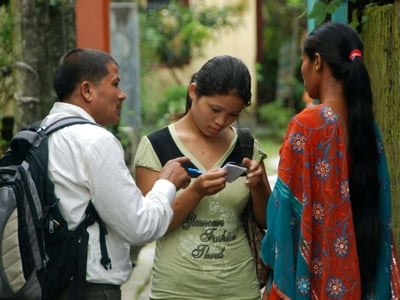
Our staff members, however, told the police officer of the suspicions they had concerning Shreya and the young girls, and they informed him that the case had already been referred to the Prayas Childline as well as the Government Railway Police (GRP) of New Delhi Railway Station. Our monitors then escorted the three young females along with Shreya to the GRP station for further investigation.
Our team was then able to help the young girls file a case and provide details to the police, and Nishi agreed to record an official statement. During this time, Shreya was talking on her phone while slowly moving toward the exit of the police station. Fortunately, one of the police officers spotted her trying to quietly slip out of the station and immediately informed her that she was not authorized to leave until she was officially released.
An initial information report was filed against Shreya, and then she was allowed to leave the police station, pending further investigation. Our team then took the girls to a nearby hospital for a medical check-up and COVID-19 testing. After that, the young girls were taken to a shelter home where they were quarantined for 14 days as a precaution, and then they were safely reunited with their families.
Thankfully, both our staff and the railway station employee were there to step in and intervene in the moment between freedom and slavery.
“That’s why the work we are doing is so important. Every day we are stopping someone from falling into a tragic fate. It’s a 10-minute window between freedom and a life of slavery. … That's all we have," states LJI’s India Network Director and Country Champion, S.J.
Traffickers, such as Shreya, routinely use debt-based coercion (bonded labor) to compel men, women, and children to work in various trades or industries. Traffickers will promise large payment advances to manipulate vulnerable people in desperate need of work into accepting low-paying jobs, and then they will falsify exorbitant interest rates; deduct payment due to lodging, health care, or food; or fabricate the amount of debt the victim “owes” to the trafficker. This tactic is used to coerce workers into continuing to work for little or no pay.
NGOs have estimated there are at least eight million trafficking victims in India, the majority of whom are bonded laborers (2020 TIP Report). However, the full scope of human trafficking in India—and around the world—is extremely hard to measure. So many cases go unreported, lives lost to the darkness that shrouds this profane industry.
Every eight minutes
Every eight minutes, a child goes missing in India. According to the National Crime Record Bureau’s (NCRB) “Crime in India” 2019 report, a total of 73,138 children were reported missing the year before. This report also states that the number of missing children increased by 8.9% in 2019.
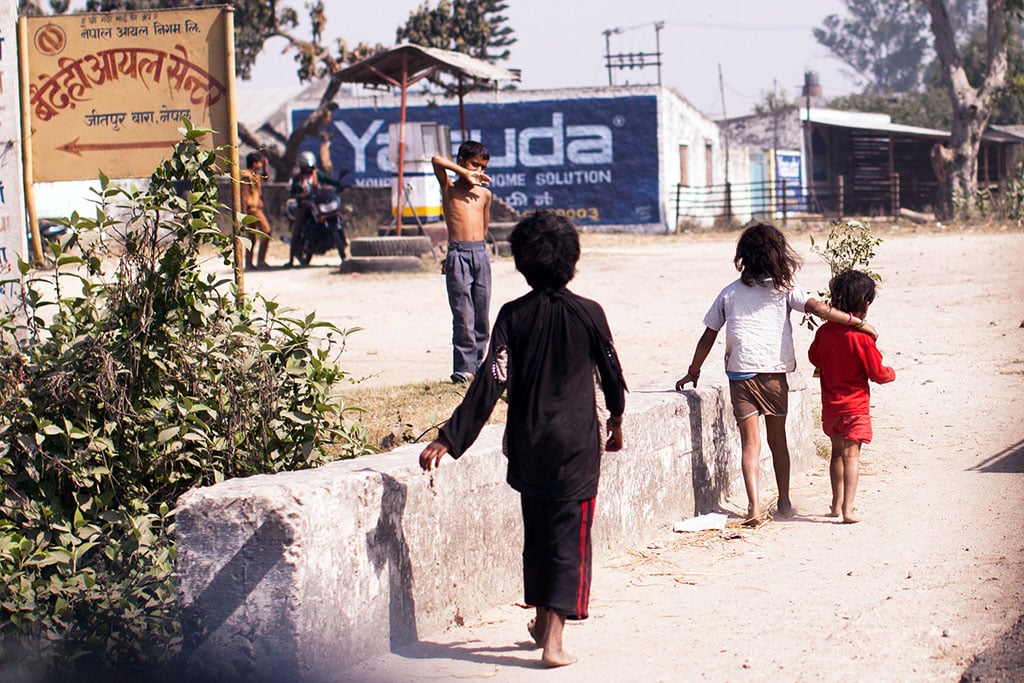
The dark reality is that traffickers prey on vulnerable children, some even younger than 8 years old, in order to sell them for profit into forced labor in a number of varying sectors, such as agriculture; construction; domestic service; garment, steel, and textile industries; begging; food-processing factories; floriculture; and manufacturing, to name a few.
In addition to forced labor, sex trafficking is extremely prevalent within India’s borders. Traffickers target both women and children as valuable and disposable commodities in order to gain a personal profit.
Traffickers will use any number of tactics to lure or obtain their victims including kidnapping children from public places such as bustling and overcrowded railway stations, bus terminals, or market places. It’s often as easy as enticing them with the simple promise of a good meal, something to drink, or even the offer of a job that seems safe and innocent.
For example, our transit monitoring team recently spotted a young boy sitting alone at a bus station in India. Our staff approached him and began asking him a few questions about why he was all alone. The boy shared that he was waiting for his uncle to come pick him up.
Our monitors continued to stay close and keep an eye on the boy, and after some time, a man finally arrived and took the child with him. Our team remained concerned for the boy’s safety, however, and followed the two of them to discover that the victim’s “uncle” worked at a small food stall located on the bus station premises.
Our staff approached the boy’s “uncle” for questioning, and he claimed the victim was his son. Our team continued to press the man for information, and he eventually admitted that they were not related to each other.
Eventually, the young boy opened up and shared that he had come to Delhi from Bihar two months earlier and that this man had offered him a job at a juice stall, promising him a monthly salary of Rs. 2,000 ($27 USD). However, the boy stated that he never received any wages for his work, and he was often beaten by the man. He was forced to work daily from very early in the morning until very late at night, and he was only given one meal a day.
The boy shared that he tried to run away one evening after his employer had once again severely beaten him. He took a taxi to the nearest bus station; however, he was unable to travel any further because he did not have enough money to purchase a ticket back to his home.
During the interview with our team, the boy agreed to give them his family’s contact information. Our staff informed his aunt and his brother about his situation, and later, the brother came to pick him up. After our team completed all the documentation and due diligence procedures, the minor boy was handed over into the care of his brother.
Human trafficking in the wake of COVID-19
Trafficking is fueled by suffering economies and poverty. People struggling to meet their most basic daily needs are more vulnerable to fall for the false promises of job offers that give them the hope of a better life. Parents have even been so desperate as to send their children off with strangers to work and earn money for the family, only to never see or hear from them again. Oftentimes, parents truly believe they are sending their children to a better life and helping them escape their current hardship and misery.
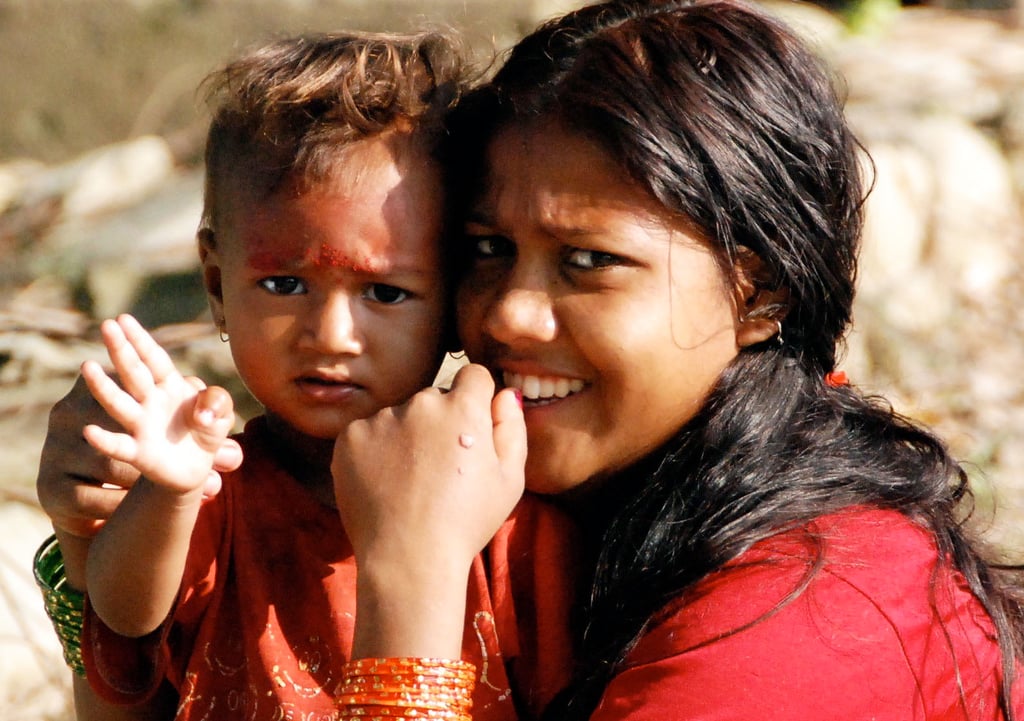
As India’s government continues to try and manage the horrendous effects of the coronavirus pandemic on its people and economy, the costs of the nationwide lockdown on millions of the poor could be devastating.
Projections based on a recent analysis by researchers at the United Nations University (UNU) show that, in the worst case scenario, “104 million more people in India could fall below the World Bank-determined poverty line of $3.2 a day for lower-middle-income countries. At present, 60 percent of India’s population, or an estimated 812 million people, live below that.”
Now more than ever, people are in danger of becoming more vulnerable to human trafficking. The fallout of the COVID-19 pandemic has left multitudes of people without work, struggling to find a way to meet their most basic daily needs. We are diligently working to place our staff in key areas where they they can intercept and prevent individuals from becoming victims of modern-day slavery.
S.J. is passionate about the work LJI is doing in India. “I lead a team that uses a transit monitoring strategy that identifies and assists victims of trafficking while they are being transported and before they reach the destination where they will be exploited. We ‘intercept’ someone when we have good reason to believe that they are in the process of being trafficked or are at high risk of being trafficked. We then intervene to educate the potential victim about the dangers of trafficking, to raise awareness about ways that they can safely seek employment abroad, and to help them return home. Since June 2019, we have intercepted over 700 potential victims of human trafficking in and around New Delhi—97% were minors,” he shares.
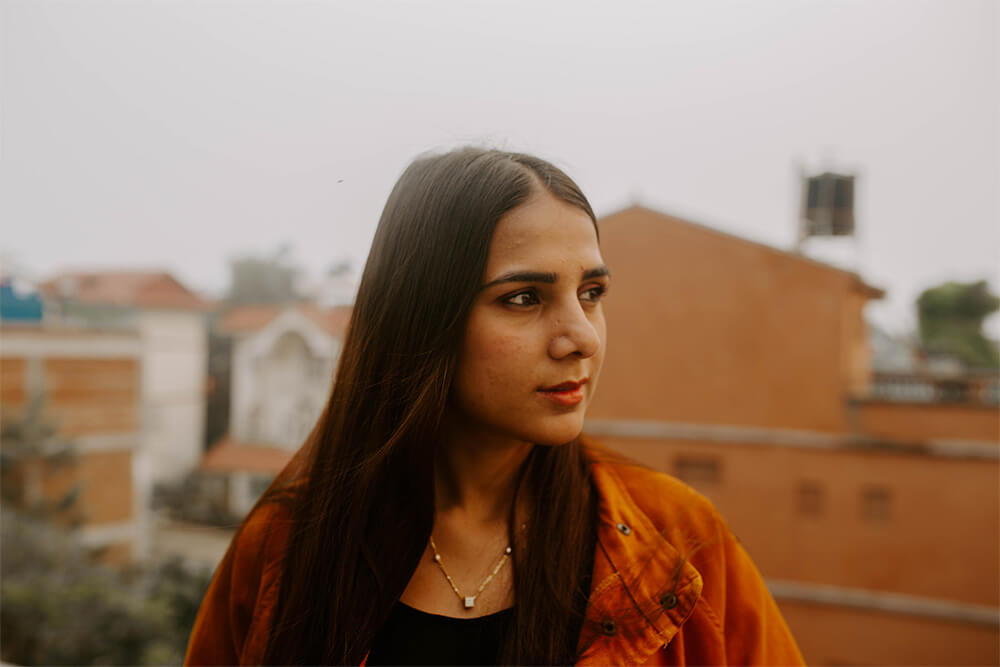
In the wake of the COVID-19 lockdowns across the globe, it is becoming increasingly evident that there is a heightened urgency to protect the most vulnerable from traffickers who have not stopped their criminal activity—but have only been forced to shift their tactics and methods. In response, we are determined to create and implement innovative strategies to stop traffickers and prevent people from becoming victims. We firmly believe we have the opportunity to make a tremendous impact in the days ahead to stop the enslavement of innocent lives.
Click here to meet a few of the faces of our frontline staff and to learn more about our expansion efforts and anti-trafficking work in India. To learn how you can join us in the fight to stop human trafficking and be there in the moments between slavery and freedom, visit here.
*All content, data, and statistics current at the date and time of publishing. Some locations omitted and names changed for the security and privacy of those involved.
-1.png?width=500&height=500&name=LJI_MAINLOGO_WhiteBackground%20(1)-1.png)




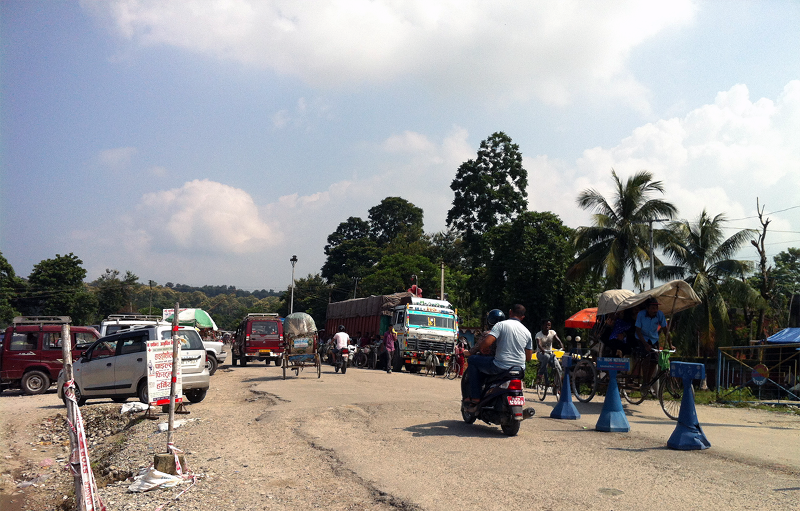
/bimala_feature_blog.webp)
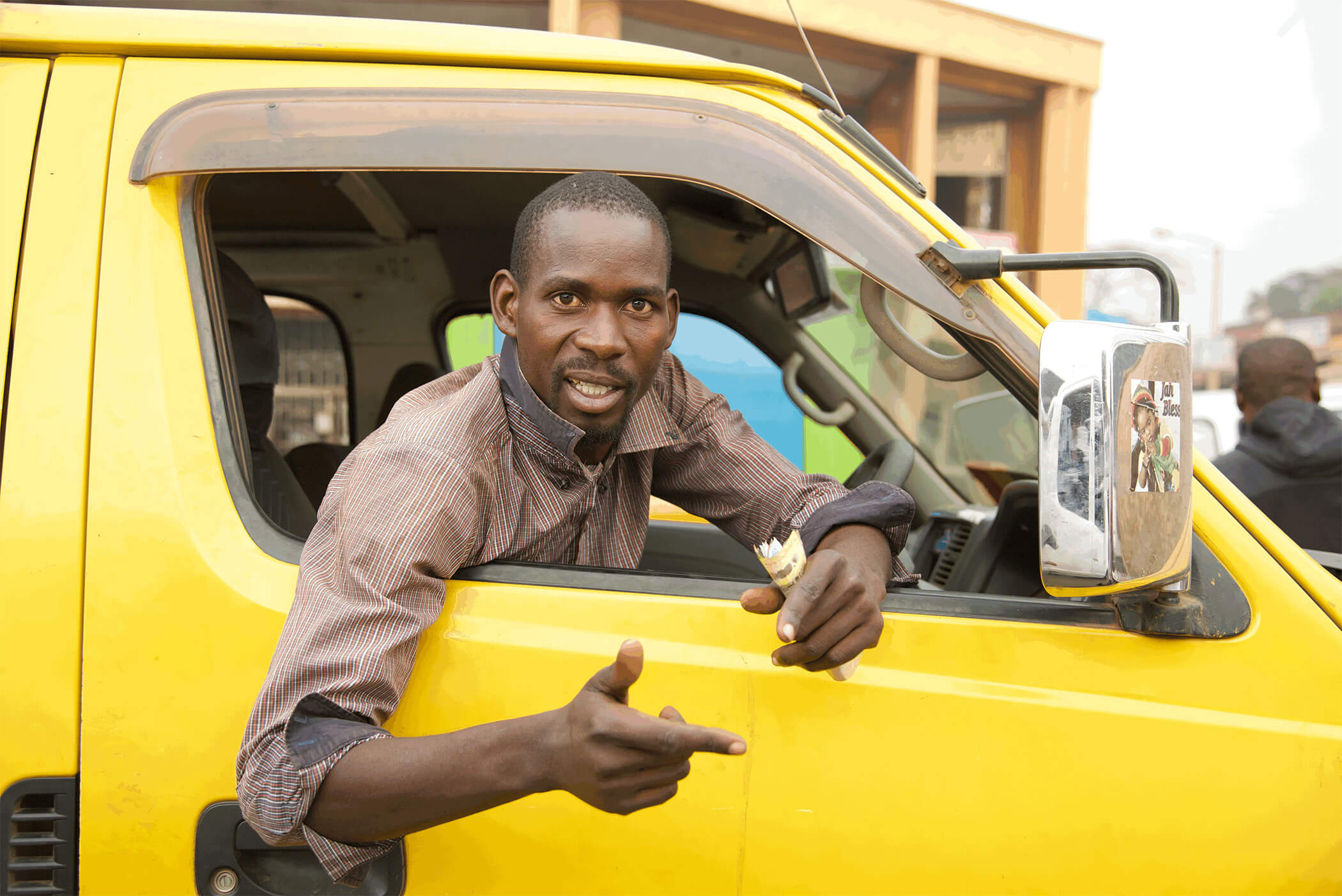
/boy_girl_asia_streets.webp)
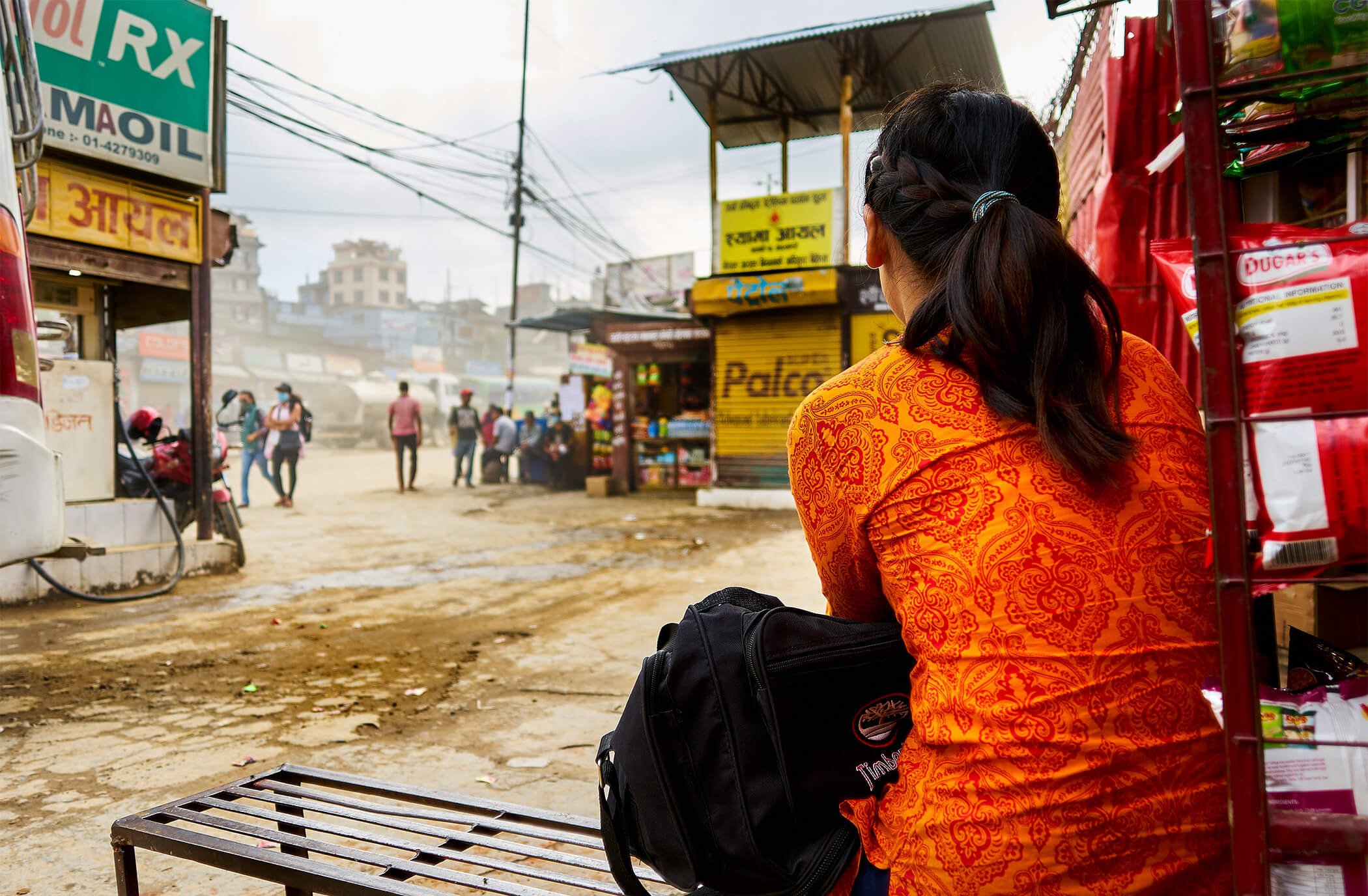
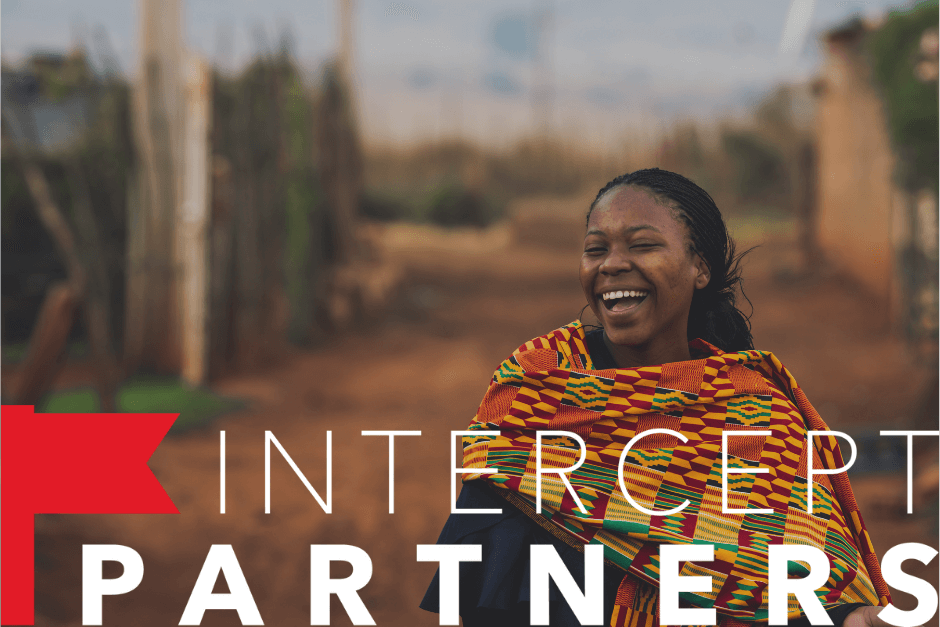

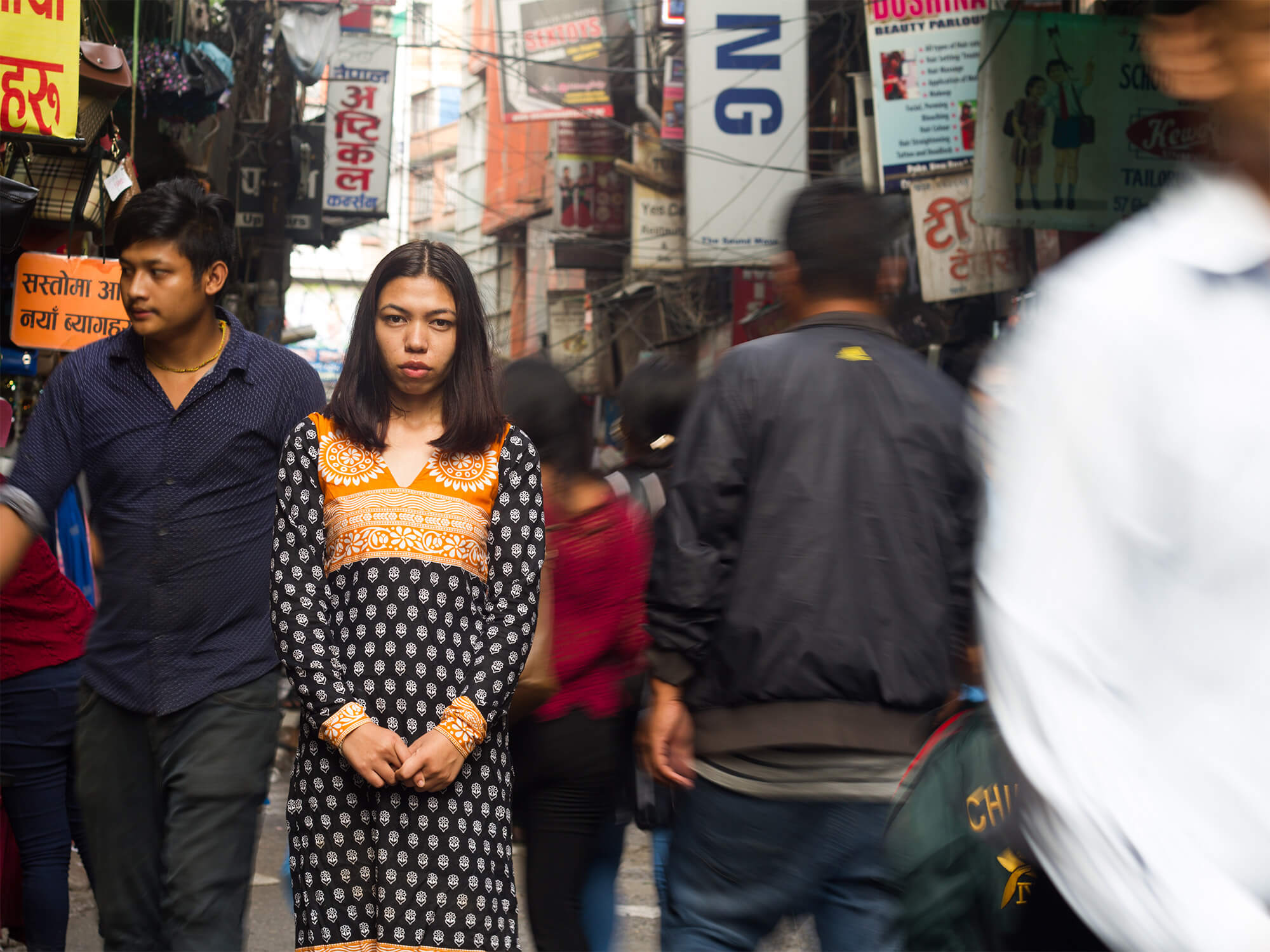

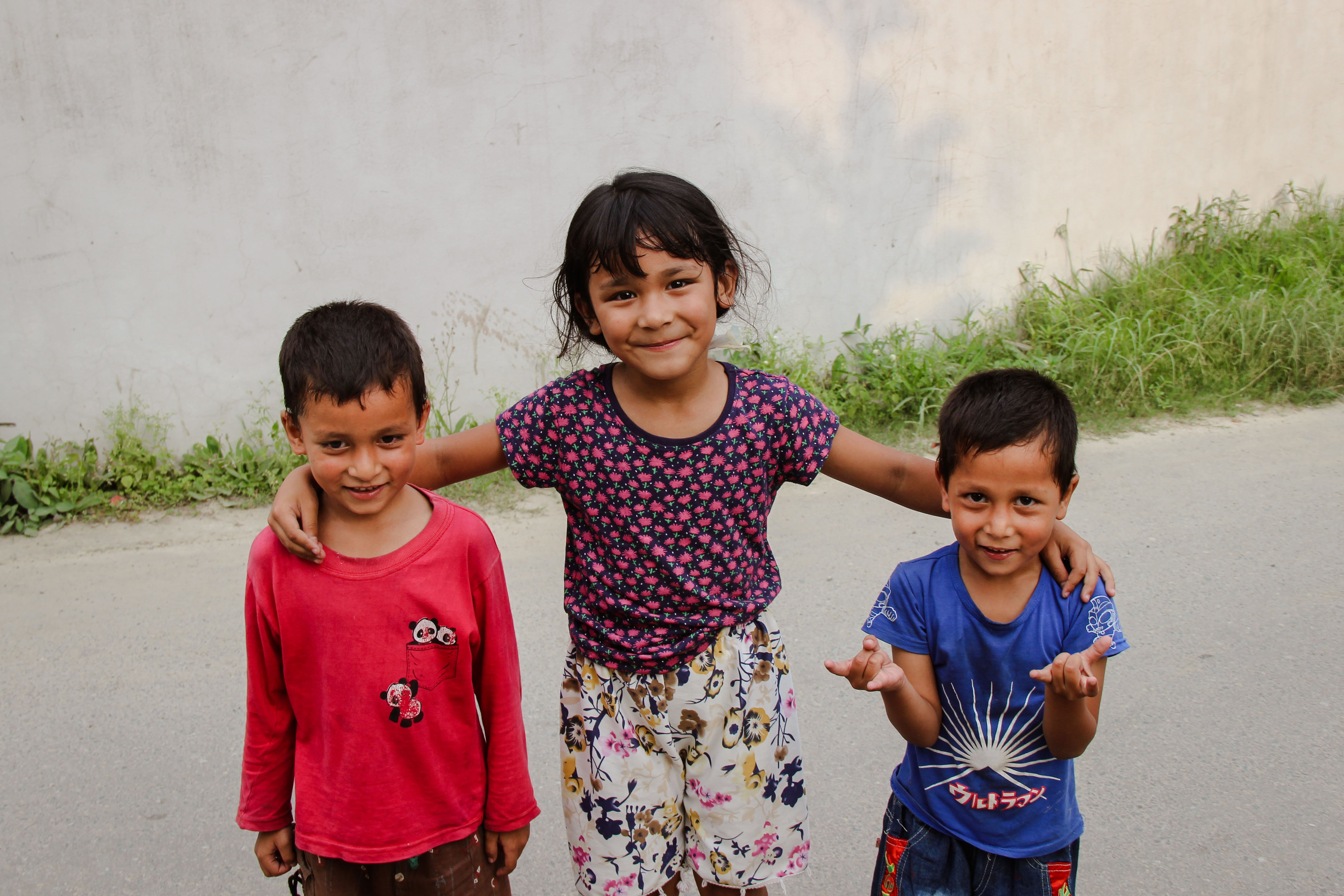
/Nepali_girl_2-1.webp)
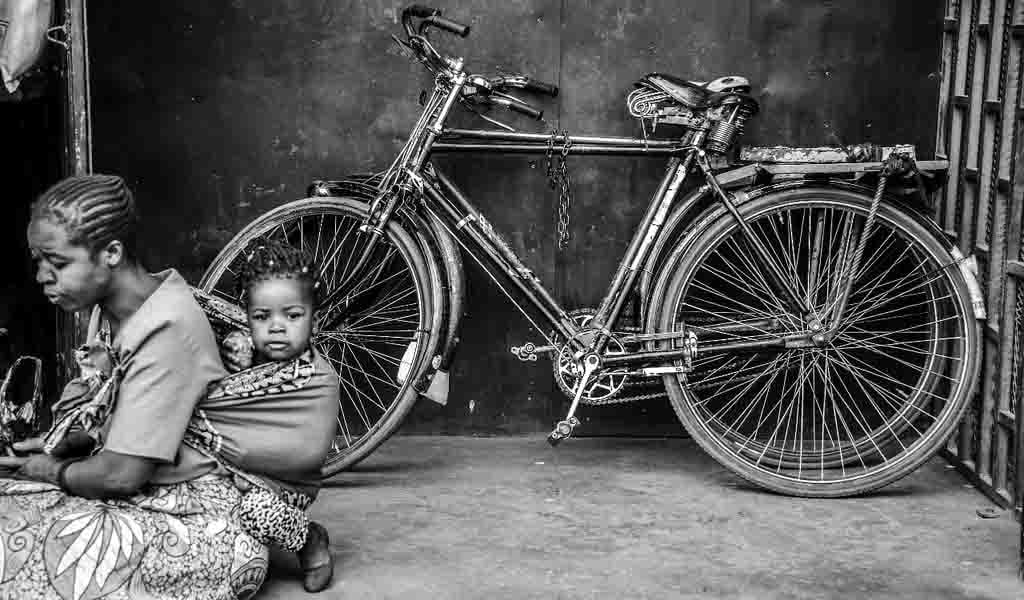
/48039119848_54d4c1e6a3_z.webp)
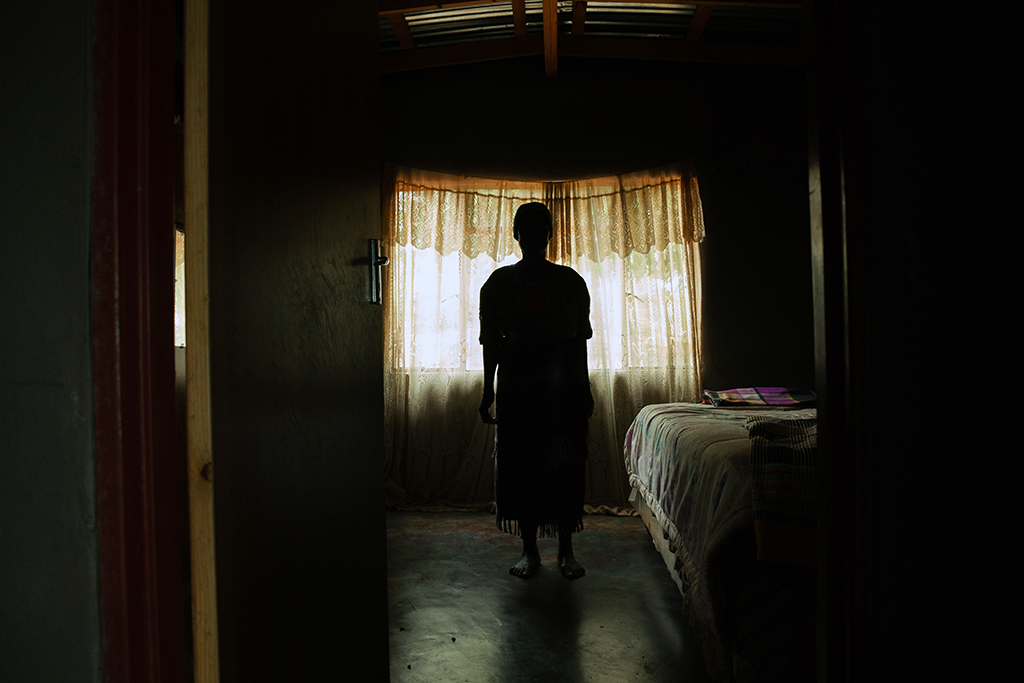
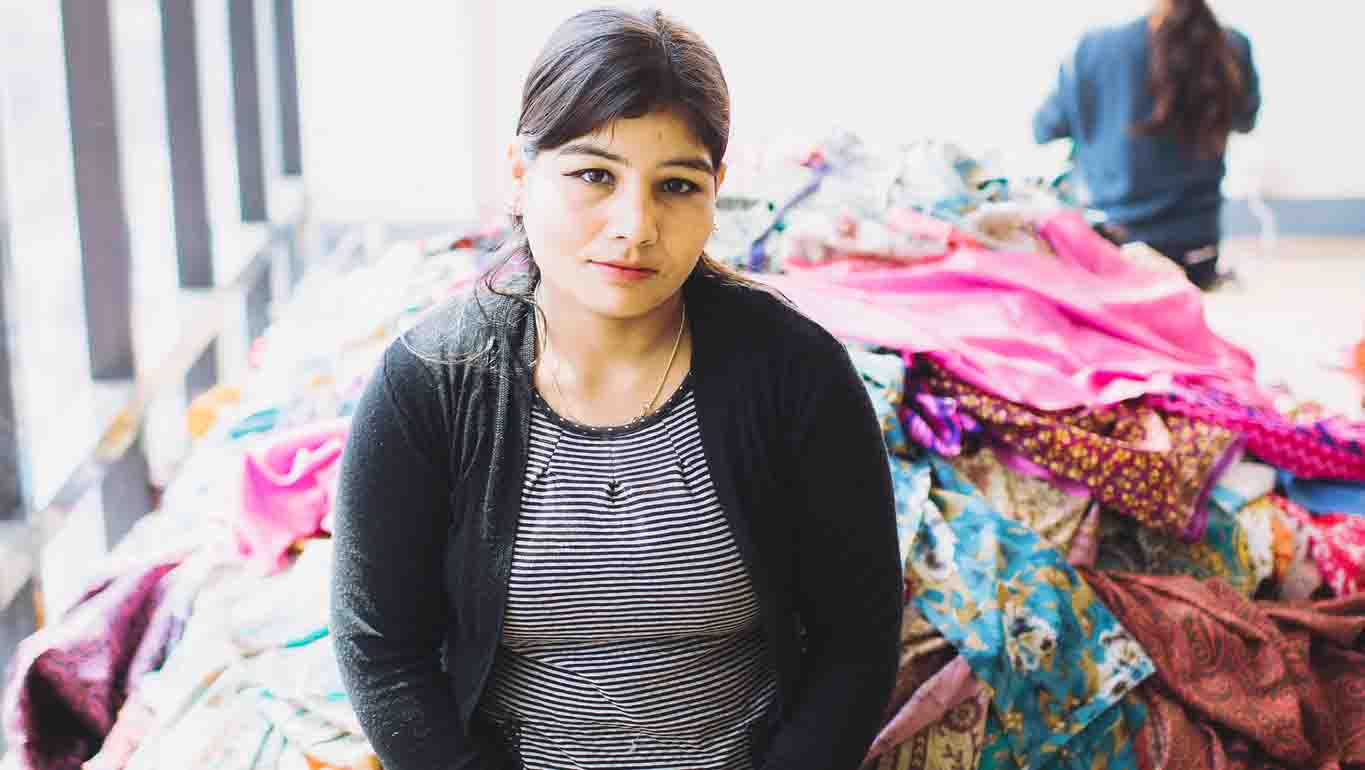
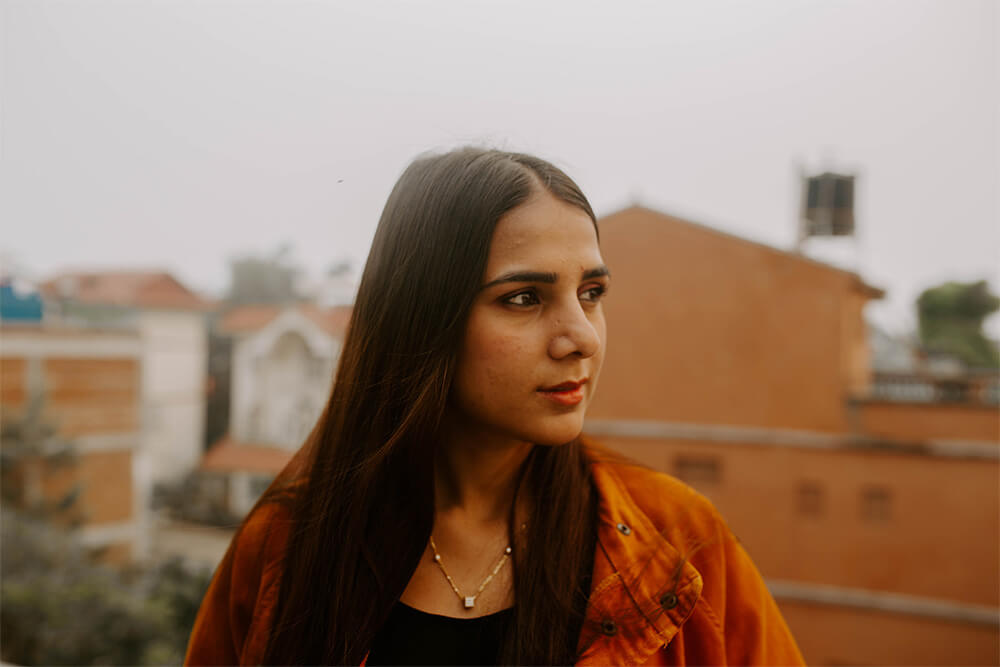
/covid_19_monitor_africa.webp)
/young_woman_looking_out_end_human_trafficking.webp)
/lake_volta_end_child_slavery_trafficking_love_justice_1.webp)
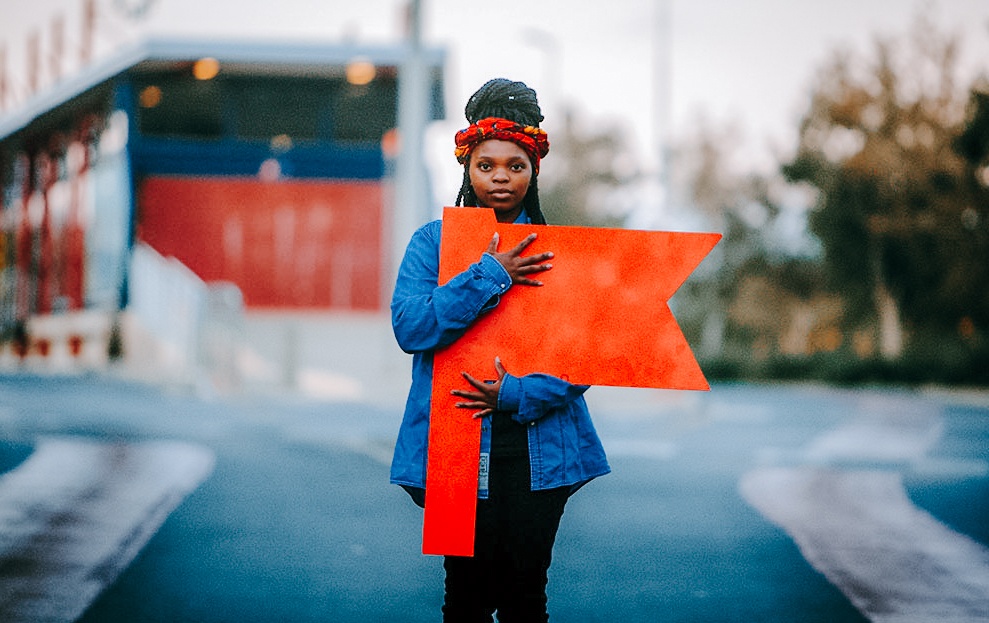




Post a comment